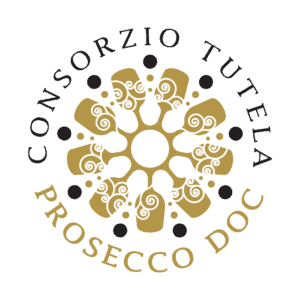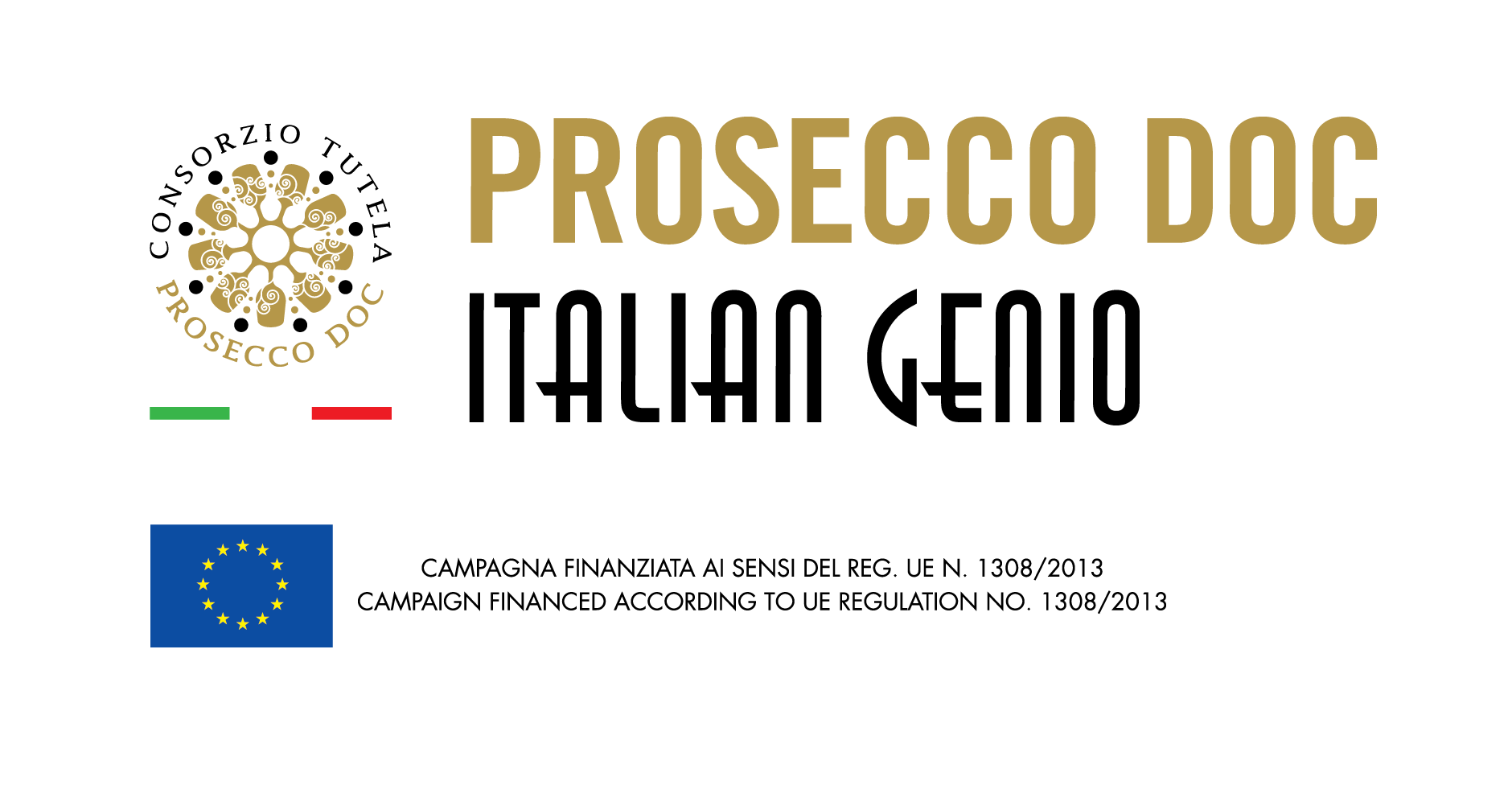 President Stefano Zanette and the Board members agreed to make the use of Glyfosate, Folpet and Mancozeb illegal as of the 2018 harvest
President Stefano Zanette and the Board members agreed to make the use of Glyfosate, Folpet and Mancozeb illegal as of the 2018 harvest
New York, April 10th, 2017 – “We have taken the first steps and have no intention on reverting back, but the journey towards complete sustainability is long and we have to carefully plan our next moves,” stated President Stefano Zanette while commenting on the success of Board Member’s meeting where they approved all agenda items, even those unlikely
The Board decided to vote in favor of the elimination of Glyphosate, Mancozeb and Folpet from the 2018 wine harvest which will become mandatory for all producers who wish to be assured of the possibility of producing Prosecco DOC. Prosecco DOC producers were invited to adhere to the new rules of the Vademecum (official guideline document) as of this year in order to acclimate themselves with the new regulations.
This first concrete step toward the sustainability certification, announced just one month ago during a press conference provoking a lot of discussion, confirms the Consortium’s determination to move ahead with harvesting practices that not only protect water, air and soil, but also encourage economic and social sustainability as well.
“The yeah ahead – says Zanette – is the time for us to implement, with extensive involvement of the supply chain, the most suitable solutions to achieve an even more ambitious goal: a certification of sustainability for the entire denomination. As I have explained to our members, this is a choice that could be called ‘social responsibility‘, which has nothing to do with the scientific assessments of competence of other bodies. The science instead there was a comfort to ensure that, even without these substances, we can make a quality wine!”.
Come ho avuto modo di spiegare ai nostri soci, questa è una scelta che potremmo definire di ‘responsabilità sociale’, che non ha nulla a che vedere con le valutazioni scientifiche, di competenza d’altri enti. La scienza c’è invece stata di conforto nell’assicurare che, anche senza queste sostanze, è possibile fare una viticoltura di qualità!”
As I have explained to our members, this is a choice of ‘social responsibility’, which has nothing to do with the scientific assessments of other authorities. The science however, ensures that even without these substances, you can make a high quality wines!”
“Sono convinto – ha continuato Zanette – che al di là dei timori espressi da alcuni Soci, saremo in grado, ancora una volta, di dimostrare la maturità e la dinamicità della nostra Denominazione che così comprova di non guardare solo al profitto ma di essere in grado di interpretare in modo responsabile le attese dei consumatori e delle comunità residenti nei nostri territori”.
“I am convinced that – continued Zanette – despite concerns expressed by some members, we will be able once again, show the maturity of our DOC proving that we not only to profit from this, but that we care for and understand the consumers and residents in our area”.
“I am now invoking a sense of responsibility of everyone – concluded Zanette – to successfully carry out this cultural stride that we aim to accomplish. It’s a challenging transition that I first experimented with in my winery in order to understand what I was asking from all of you.”
The Prosecco DOC Consortium assures to provide all the necessary support to the wineries so they can easily transition during this difficult, but irreversible, development.
Want to learn more about Prosecco DOC USA? Sign up for our newsletter.
Sign up for the Prosecco DOC Newsletter


